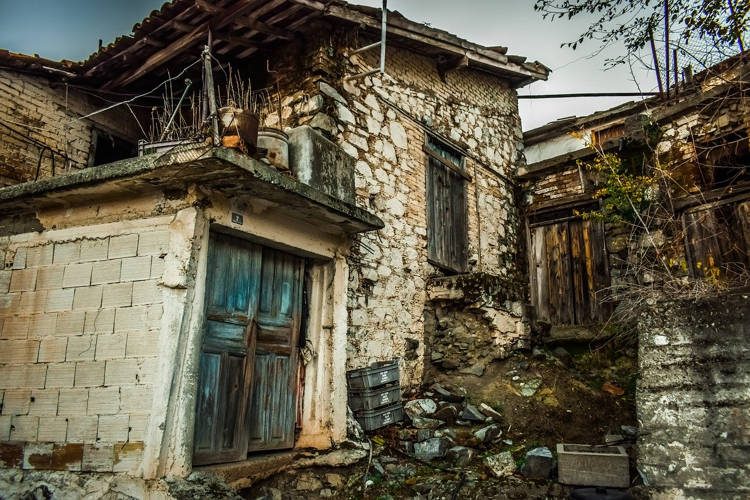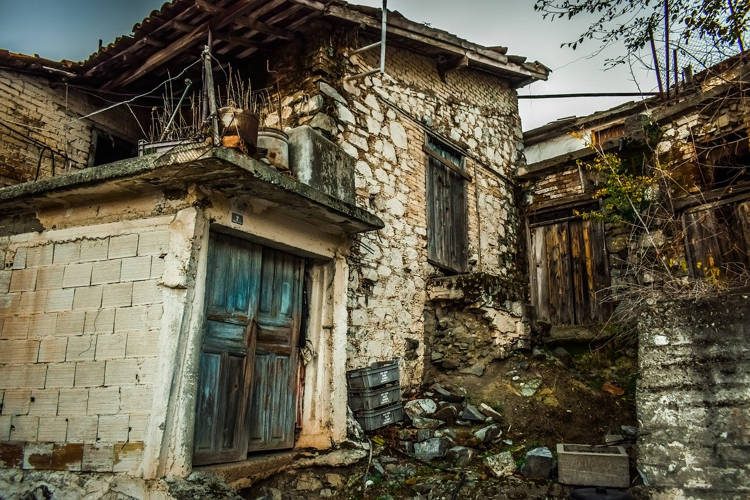Fed up with people constantly neglecting self-isolation and quarantine rules, a local politician on Indonesia’s Java Island decided to lock rule breakers in a haunted house to set an example for others.
Kusdinar Untung Yuni Sukowati, the head of Sragen regency came up with the idea of taping into the locals’ fear of ghosts as a way to deal with an influx of newcomers in the area. Because of lockdowns in the capital Jakarta and other major cities, Sragen has started seeing quite a lot of people coming in, many of whom completely disregard the rule to self-isolate themselves for 14 days, in case they are infected with the novel coronavirus. To make sure people started respecting the rules, Kusdinar started putting offenders in abandoned houses locals believe are haunted.

Photo: dimitrisvetsikas1969/Pixabay
“If they disobey self-isolation orders, several villages have asked for my permission to quarantine them in an abandoned elementary school or abandoned houses,” the politician said. “I gave my permission. If need be, they should be locked inside — in a haunted house if necessary. But we’d still feed them and monitor them.”
Officials in Sepat village, for example, chose a long-abandoned house that many in the community believe is haunted, and turned it into a quarantine center for rule breakers. So far three people have been ordered to spend 14 days there.
In Plupuh village, a similar abandoned house located in the middle of a rice paddy was chosen for quarantining self-isolation violators. Two people have been confined to the spooky abode so far.
“Two Plupuh residents agreed to self-isolate but they violated the order. So they were locked inside an abandoned haunted house. Had they obeyed their order they wouldn’t have been locked in there,” the Sragen regent said, according to Coconuts Jakarta.
Interestingly, this is not the first time Indonesian authorities have used people’s far of ghosts to make sure they obeyed quarantine and social distancing rules. Just last week we reported on a village in Central Java that had local youths dress up as ‘pocong’ or shrouded ghosts and sit on the streets to make sure people stayed inside.













